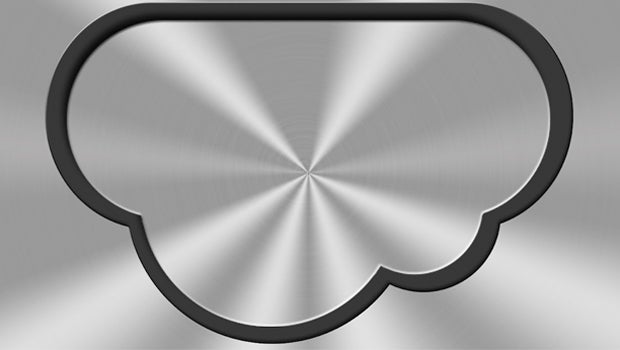Opinion: Celebrity iCloud hack puts Apple in eye of the storm

Cloud storage solutions like iCloud are just great, aren’t they?
All of our precious mobile photographs can now be accessed on each of our devices, while our calendars, emails and documents are synced and backed up, offering incredible, worry-free protection against loss, theft and hardware failure.
In that respect, cloud storage has come to represent everything we love about the user-focused, thought-free convenience of modern, omnipresent technology.
“Everywhere. Automatically. That’s the way it should be, and iCloud makes it a reality,” says Apple in its iCloud marketing materials.
But as is often the case in life, convenience isn’t always cost free. A host of the most well-known women on earth discovered just that in the most obscene and invasive way possible, when an alleged iCloud hack resulted in the one of the grossest (both in size and content) privacy violations imaginable.
The penny has dropped. Over the last two days, most mainstream news outlets have been posing the same question: “Is our data safe in the cloud?”
The answer, of course, is a resounding “no.”
Obviously not.
Just as in the physical world, you can lock your doors, install a sophisticated alarm system and put your valuables in a safe, but the most skilled thieves often find a way through the tightest defence if the motivation or reward is great enough.
Perhaps sensing this, the company issued a statement on Monday in which it took zero responsibility for the invasion. Apple offered no hint of an apology to the victims and practically blamed them for having weak passwords and security questions.
Apple has since come out to say that the iCloud or Find My iPhone infrastructure was not hacked into, and claims it was “a very targeted attack on user names, passwords and security questions”. It’s safe to assume the perpetrators did not randomly start guessing celebrity passwords until they hit the jackpot, so a piece of the puzzle is still missing.
One pervading theory is in relation to a flaw found in the Find My iPhone app – ironically, a tool designed exclusively to protect users’ content by locating locking and wiping devices if their tech falls into the wrong hands. Some observers believe hackers may have been able to use a “brute force” method to flood Find My iPhone with infinite password attempts without being locked out after the first few tries.
On Tuesday, Apple assured the world the service wasn’t breached, but it also isn’t saying whether it a brute force bombardment falls under its definition of a breach. We asked that question directly on Tuesday and received no reply.
The company has been bullish in recent years regarding iCloud, and iOS and Mac users have bought in to the rhetoric. We use it to save snaps in Photo Streams, to ensure phones are backed up and able to be restored, to safeguard passwords and documents and to sync iTunes purchases across devices, rather than doing it manually.
“Apple takes data security and the privacy of your personal information very seriously. iCloud is built with industry-standard security practices and employs strict policies to protect your data,” the company’s iCloud page reads. And we all believed them.
Even if Apple is completely without fault here, as its statement on Tuesday sought to convince interested parties, it’s going to be very difficult to win back users who’s trust in the iCloud platform has been shattered by this week’s events.
Another problem Apple has here is the profile of these leaks. These aren’t just some innocent housewives or university students the company can sweep under the rug. The victims are A-List celebrities, Oscar and Grammy-winning actresses, musicians and hugely successful models.
Beautiful celebrities are social deities, known the world over. The response from the public, media and authorities is reflecting this. Do you think the FBI would be involved if these explicit photos were of Lucy from next door, Rebecca from uni or Jenny from work?
Unlike other soon-forgotten tech hacks, this story isn’t centred around captured customer account databases containing credit card details and usernames, which can often be changed or cancelled before permanent damage is done.
This is reputations irrecoverably damaged, humiliation on a global scale, entire careers placed in jeopardy and millions upon millions of dollars of future earnings potentially lost.
iCloud is simple and straightforward, that’s part of the allure, but it still relies on a certain amount of tech knowledge to understand how it works and where this data is going.
There can be no blame attached to the victims who took these private photos, but many of the high profile people involved may have chosen to use a different medium, if they had received suitable advice or education from their extremely well paid management teams.
Whether a ‘diminished responsibility’ verdict is eventually attributed to Apple following this criminal invasion, it couldn’t have come at a worse time for Cupertino.
The week before an iPhone launch is usually dominated by last-minute speculation and reports of hint-laden banners going up at the keynote venue.This year, there’s a different narrative.
At a time when iPhone owners are usually debating whether to upgrade their handset to the new model, the hack has left many folks – and almost certainly the likes of poor Jennifer Lawrence – wondering whether they should own one at all.


